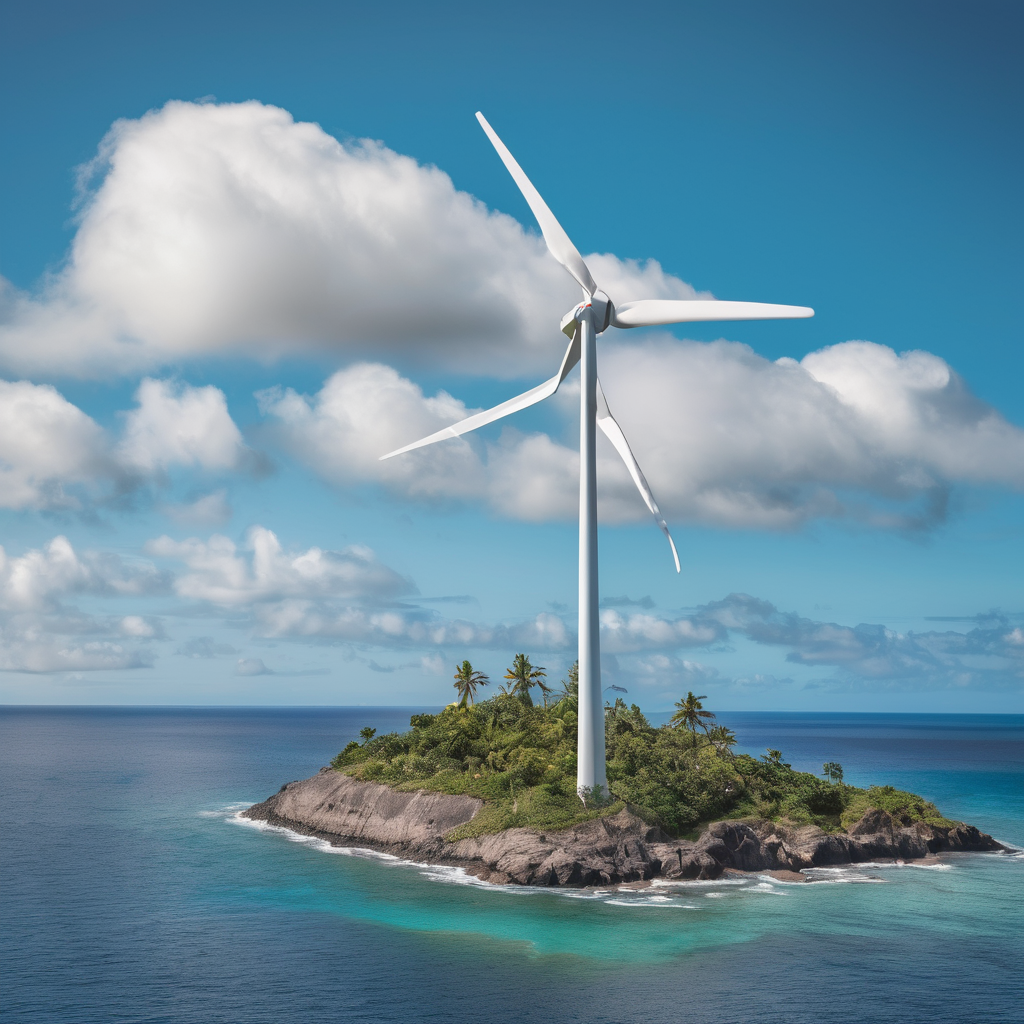Fiji has taken a significant step in its commitment to addressing climate change by increasing its energy sector emissions reduction target from 30% to 36%. This announcement was made by Prime Minister Sitiveni Rabuka at the UN Secretary-General’s Special High-Level Event on Climate Change, which coincided with the 80th United Nations General Assembly in New York. Rabuka stressed Fiji’s dedication to utilizing indigenous and renewable energy sources while progressively moving away from fossil fuels, marking a resolute path towards sustainability.
This enhanced target is a key component of Fiji’s updated Nationally Determined Contributions (NDCs), designed as a framework to attract international support that will bolster financial, technological, and technical capacity. According to Prime Minister Rabuka, these contributions are vital for the country to secure international assistance, propelling its domestic climate efforts forward. Moreover, Fiji remains unwavering in its ambition to generate 100% of its electricity from renewable sources by 2035, further solidifying its climate strategy.
On this global platform, Rabuka challenged major carbon-emitting countries to adhere to international laws and scientific recommendations. He cited a recent International Court of Justice (ICJ) Advisory Opinion that confirmed the legal obligations of states to mitigate climate change effects. Rabuka called for rapid and significant actions from major polluters to cut greenhouse gas emissions in anticipation of COP30 in Belém, Brazil, viewing the event as a potential pivot point in global climate action.
Fiji’s proactive stance on renewable energy adoption serves as a leading example in global climate advocacy. This focus was previously highlighted at COP29 by Dr. Sivendra Michael, who urged for substantial investments in renewable energy and encouraged larger economies to establish strong NDCs and facilitate technology transfers. Fiji’s strategic plan to decrease dependence on fossil fuels aligns with its broader aim of achieving net-zero emissions by 2050, a goal supported by its Climate Change Act.
In setting these ambitious targets, Fiji not only demonstrates its leadership in climate change mitigation but also sets inspiring precedents for other nations. Through fostering strategic partnerships and encouraging robust international cooperation, Fiji aims to transform its challenges into opportunities, paving a hopeful path towards a resilient and sustainable future for itself and other small island developing states.
